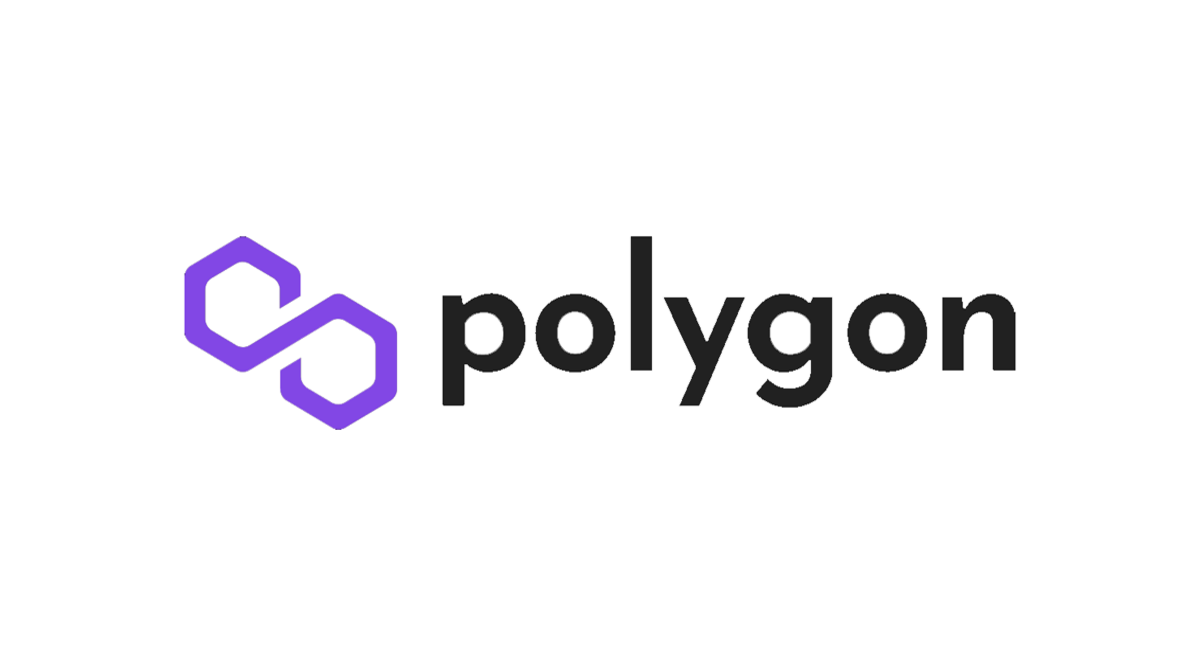Polygon
Why Web3 Developers Are Choosing Polygon Over Other Solutions When it comes to deploying on Ethereum, there is only one place that lets developers easily migrate their projects, offers a broad range of scaling options and has some of the industry’s lowest transaction rates. These are just some of the reasons why the number of teams using Polygon jumped 100-fold in the past year......... In the increasingly crowded space of Layer 2 competitors, Polygon emerged as the go-to scaling solution that’s enabling Ethereum to become the most definitive, fundamental settlement layer of the growing Web3 ecosystem. ....... One reason Polygon is the destination for some many projects is its complete compatibility with the Ethereum Virtual Machine (EVM). This allows Polygon to tap into the established community of developers who can easily migrate their work to and from the Ether network leveraging their existing tools. ........... Polygon users pay just a fraction of what its costs to transact on Ethereum. ....... Since its inception in 2017, Polygon has morphed from a simple Layer 2 Ethereum scaling solution to a thriving ecosystem of popular Web3 projects making it a sustainable base of operations. Polygon solutions range from Polygon SDK, which provides a framework enabling developers to build Ethereum-compatible blockchain networks, to Polygon Hermez, a decentralized Zero-Knowledge rollup that inherits its security from Ethereum Layer 1. Polygon also is building some other exciting solutions like a privacy-centric rollup with EY, Polygon Nightfall, and a general purpose data availability layer, Polygon Avail. .......... Polygon hosts some of the biggest Web3 platforms and developers in the industry, from decentralized finance (DeFi) protocols such as lending platform Aave to luxury brands company Dolce & Gabbana, and even NFT marketplaces including OpenSea and Mark Cuban’s Lazy.com. Some of the DApps that have already integrated Polygon are Sushi, Aavegotchi, and Arc8. .......... Just as Amazon Web Services lets users choose between Linux, Windows or other OS to facilitate their dev-related activities, Polygon provides a similar option for the builders of Web3. ........ Polygon’s underlying philosophy is that Ethereum scaling is a spectrum, which leads to a very open-minded approach that goes beyond the narrow definition of a Layer 2. Polygon was designed to support secured chains, such as L2, as well as stand-alone chains, an umbrella term for appchains or sovereign sidechains. The former promise a high level of data integrity and network privacy by making use of a ‘security-on-Ethereum-as-service’ setup. The latter offer a high degree of sovereignty and operational flexibility to its ‘child chains,’ but somewhat downplays the importance of security. ......... The Polygon mainnet runs on Proof Of Stake (PoS). PoS consumes far less energy than Proof of Work (PoW), which requires every node to validate every transaction, and offers a much higher transaction throughput. That makes PoS more efficient and scalable than its precursor. ............. ZK-rollups in particular offer a promising answer to Ethereum’s scaling woes. Earlier this year, Polygon merged with Hermez, an open-source ZK-Rollup optimized for low-cost token transfers on the Ethereum blockchain. The company has also committed $1 billion from its treasury to fund efforts to develop its ZK thesis, in a bet that this technology will be the catalyst for the next wave of crypto adoption.
Facebook Begins Testing Ethereum and Polygon NFTs on Profiles If deployed widely, users will be able to connect their cryptocurrency wallets to their Facebook profiles. ....... users will have a “digital collectibles” tab on their Facebook profiles where they can showcase their NFTs, which are unique blockchain tokens that signify ownership. ........ Users will be able to connect their cryptocurrency wallets to their Facebook profiles. They’ll also be able to turn their NFTs into Facebook posts, which can be reacted to, liked, commented on, and shared just like any other post. ........ the company has also recently begun testing out changes to Facebook Groups to make them look "more like Discord."


No comments:
Post a Comment